Publications
Articles, publications, books, tools and multimedia features from the U.S. Institute of Peace provide the latest news, analysis, research findings, practitioner guides and reports, all related to the conflict zones and issues that are at the center of the Institute’s work to prevent and reduce violent conflict.
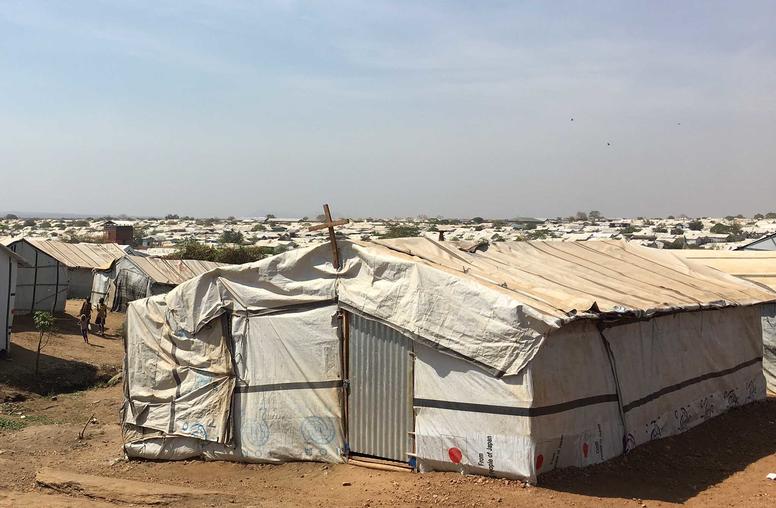
USIP-Commissioned Research Among Iraqi Minority Communities
USIP has produced five studies of minorities’ perceptions on reconciliation in the Nineveh province, including, Christian, Eyzidi (Yazidi), Sabean-Mandaean, Shabak and Turkomen communities. These assessments provide insights into conflict drivers and demands of these communities and include key findings, which have been shared with international and national stakeholders including the U.S. Government and the Government of Iraq.

Susan Stigant on South Sudan
Can South Sudan—the world’s youngest country—find peace? USIP’s Susan Stigant discusses the country’s political crisis and how its exacerbated by the outgrowth of opposition groups, millions of displaced citizens, and other complex challenges to restoring stability. Nevertheless, Stigant explains that peace is possible with U.S. leadership.
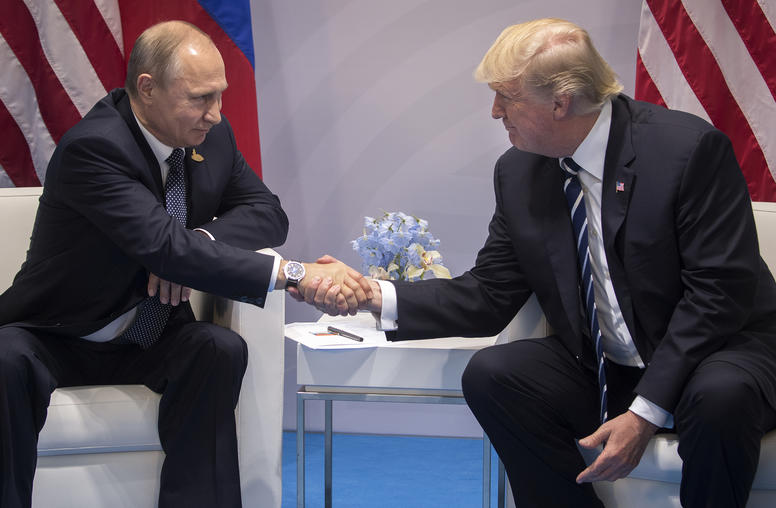
Can the Trump-Putin Summit Improve U.S.-Russian Relations?
Following a meeting between U.S. National Security Advisor John Bolton and President Vladimir Putin this week, the White House announced that President Trump will sit down with his Russian counterpart for their first formal summit on July 16 in Helsinki, Finland. While both presidents Trump and Putin have repeatedly emphasized the need for improved ties, there are a host of contentious issues—such as the invasion of Ukraine and subsequent U.S. sanctions, Russia’s interference in U.S. and European elections, and the Syrian civil war—that could derail the effort to improve the bilateral relationship.
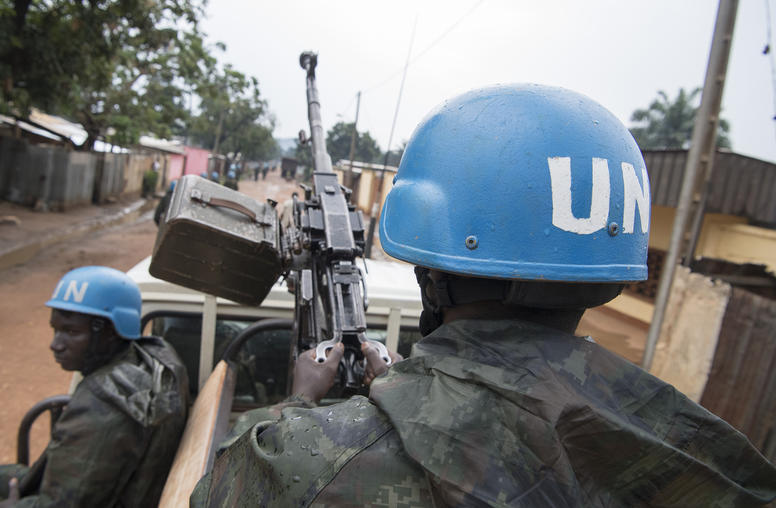
Central African Republic: The Peace Effort That Went Awry
The renewed violence in CAR reflects the need for a consistent engagement by the international community to sustain a peacebuilding process in the country. Governments and international organizations too often have focused on the country sporadically, in short-term reactions to crises that offer only temporary solutions.
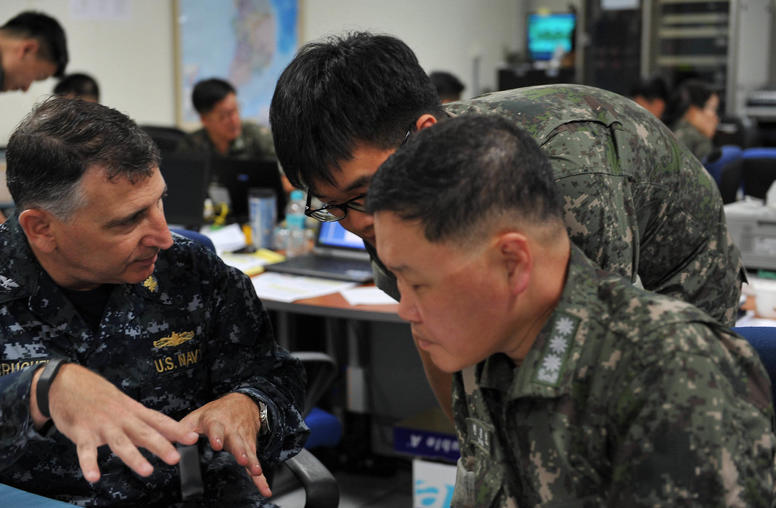
After North Korea Summit, Military Cooperation Can Reduce Tensions
As U.S. officials build on last week’s summit conference with North Korea, two notable military-related outcomes could facilitate future diplomatic negotiations and help reduce tensions on the Korean Peninsula. They are (1) the cancellation of U.S.-South Korea joint military exercises and (2) the commitment to resume the recovery of remains of U.S. service personnel from the Korean War.

Steve Hege on Colombia’s Election
Following a peaceful run-off election in Colombia, Steve Hege shares his analysis on the victory of right-wing candidate Ivan Duque over leftist Gustavo Petro. At the top of Duque’s agenda, according to Hege, will be amending the peace accord with the FARC, resuming more aggressive drug eradication programs, increasing security, and strengthening the U.S.-Colombia relationship.
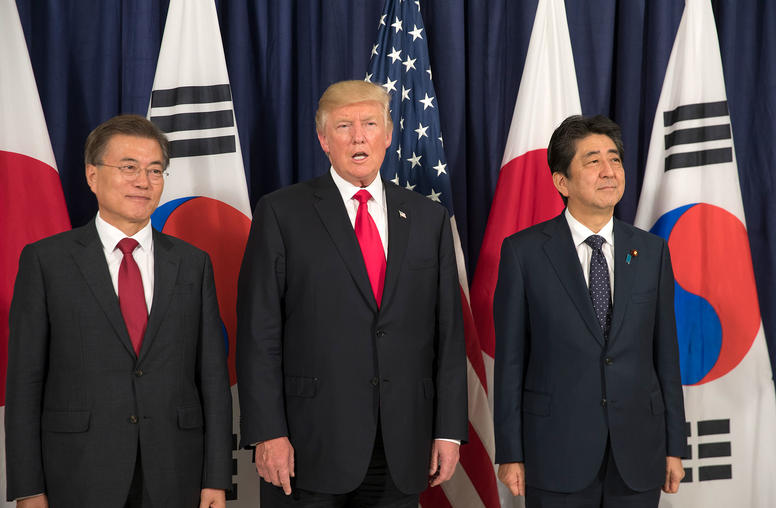
What Does the Singapore Summit Mean for South Korea, China and Japan?
The June 12 summit in Singapore between President Donald Trump and North Korean leader Kim Jong Un was a watershed moment in relations between Washington and Pyongyang. But, the more immediate and profound impact will be felt in East Asia, where North Korea’s nuclear program has threatened regional stability and security. While South Korea, China and Japan have different—sometimes starkly so—interests and positions vis-à-vis North Korea, all three of the Asian powers will be important players in efforts to implement the pledges made in Singapore. USIP’s Ambassador Joseph Yun, Jennifer Staats and Frank Aum discuss the implications for Seoul, Beijing and Tokyo.
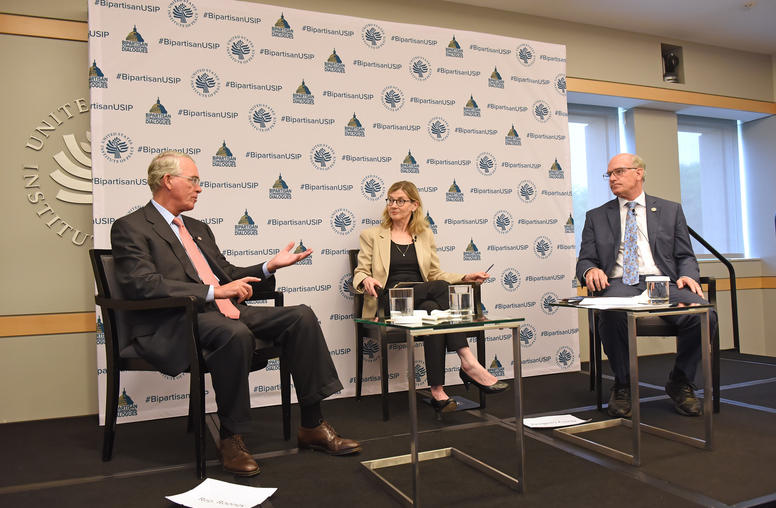
Russia’s Disruptive Ambitions Require a Bipartisan Response
For over a decade, Russia’s Vladimir Putin has campaigned to subvert the liberal world order and undermine global norms by invading neighbors and interfering in democratic processes at home and abroad. To explain how Congress can counter Russian aggression, members of the House Foreign Affairs Subcommittee on Europe, Eurasia and Emerging Threats Rep. Francis Rooney (R-FL) and Rep. Bill Keating (D-MA) came together for a bipartisan dialogue at the U.S. Institute of Peace.
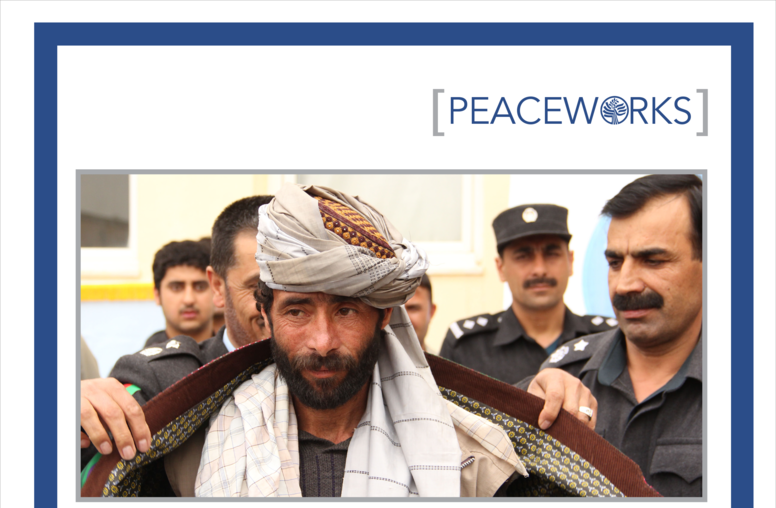
A Negotiated End to the Afghan Conflict
Despite widespread recognition that the only way toward ending the Taliban insurgency in Afghanistan is a negotiated settlement, understanding of the Taliban’s thinking on the subject is remarkably scant. This report attempts to fill this gap by drawing on face-to-face interviews with Taliban foot soldiers, field commanders, and supporters to better understand the movement’s views on why they are fighting, what issues are negotiable, whether they have faith in negotiation as a way to peace, and what a peace process might look like.
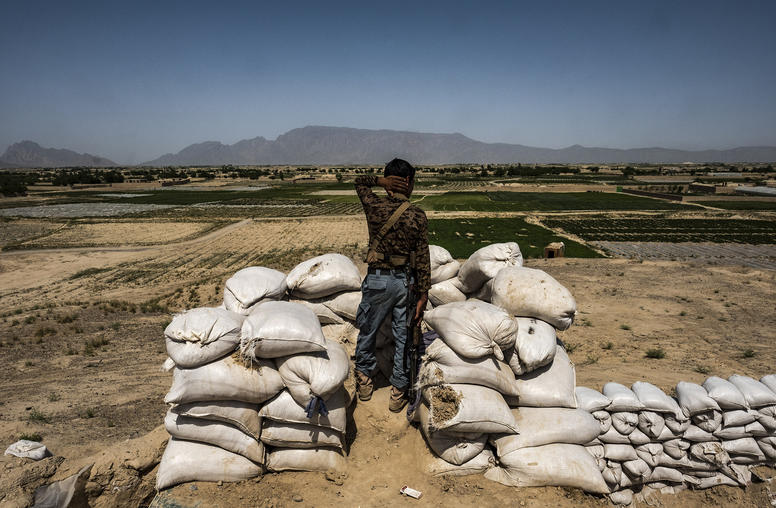
Iran and Afghanistan’s Long, Complicated History
As neighbors with a 585-mile frontier, Iran and Afghanistan have connections spanning centuries. Since 1979—the year of Iran’s revolution and the Soviet invasion of Afghanistan—relations between Tehran and Kabul have ebbed and flowed. USIP’s Scott Worden discusses the complex relationship between the two countries, how Iran has built influence there, and where the U.S. and Iranian interests have overlapped in relation to Kabul.